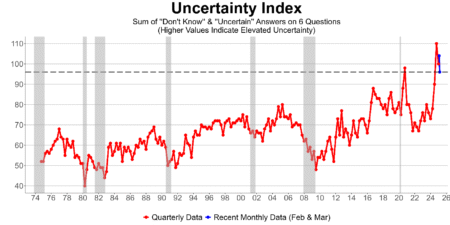Kunio Hara is the creator of the renowned HO-ME-I-KU Method, an effective employee and executive education program for achieving success.
In today’s fast-paced business environment, fostering a positive workplace culture is more important than ever. Studies have shown that employees who feel valued are more engaged, productive and committed to their organizations. Having created a method of education that focuses on praise and recognition and seeing the results firsthand, I cannot disagree. Yet, many leaders struggle to create an environment where recognition is a natural and consistent practice.
One effective approach is embracing a culture of praise—a concept rooted in fostering self-esteem, motivation and collaboration within teams. While it may seem simple, strategic and sincere recognition can have a profound impact on both individuals and the overall success of a company. Here’s how business leaders can integrate praise into their corporate culture and inspire long-term growth.
1. Build praise into daily operations.
One of the easiest ways to incorporate praise is to make it part of daily business interactions. Leaders can initiate simple yet effective habits such as:
• Starting Meetings With Acknowledgments: Begin each team meeting by recognizing a team member’s recent contributions.
• Encouraging Peer Recognition: Implement a system where employees can publicly recognize each other’s efforts through a shared platform or dedicated time in meetings.
• Using “Praise Breaks” In Communication: A quick, genuine thank you via email or instant message can boost morale and reinforce positive behaviors.
Embedding praise into daily operations like this can help leaders cultivate an environment where recognition becomes second nature.
2. Align praise with company values.
Recognition should go beyond generic compliments and reinforce the behaviors and values that drive company success. To make praise meaningful:
• Tie recognition to core values.
• Highlight specific actions and their impact rather than offering vague appreciation (e.g., “Your commitment to innovation led to a great client solution this week!”).
• Make praise authentic and timely so employees see the direct connection between their work and the company’s success.
This approach can ensure that praise is not just feel-good rhetoric but a strategic tool for reinforcing desired behaviors.
3. Develop leadership buy-in and training.
Leaders set the tone for company culture. When executives and managers prioritize recognition, employees are more likely to follow suit. However, some may struggle with providing praise due to ingrained habits or fear of appearing overly lenient.
To address this:
• Offer training on effective praise techniques and how to make recognition impactful.
• Set expectations that leadership should model a praise-driven culture.
• Encourage storytelling. When leaders share personal experiences of being recognized, this can inspire employees to do the same.
4. Overcome barriers to a praise-driven culture.
Praise is a powerful tool, but certain habits and mindsets can prevent organizations from fully embracing it. Common barriers include:
• Fear Of Over-praising: Some managers worry that too much praise may reduce accountability. In reality, balancing recognition with constructive feedback enhances performance.
• Lack Of Personalization: Generic praise can feel insincere. Leaders should tailor recognition to each employee’s strengths and contributions.
• Cultural Resistance: In some workplaces, employees may be unaccustomed to open praise. Gradually introducing structured recognition programs can help ease the transition.
5. Leverage recognition as a business strategy.
Praise isn’t just about making employees feel good—it can be a strategic driver of business success. For example, if companies invest in recognition programs may see increased employee engagement and retention, higher levels of collaboration and innovation and greater customer satisfaction due to a motivated workforce. Organizations that successfully implement a culture of praise can go on to experience tangible business growth.
Forbes Business Council is the foremost growth and networking organization for business owners and leaders. Do I qualify?
Read the full article here











